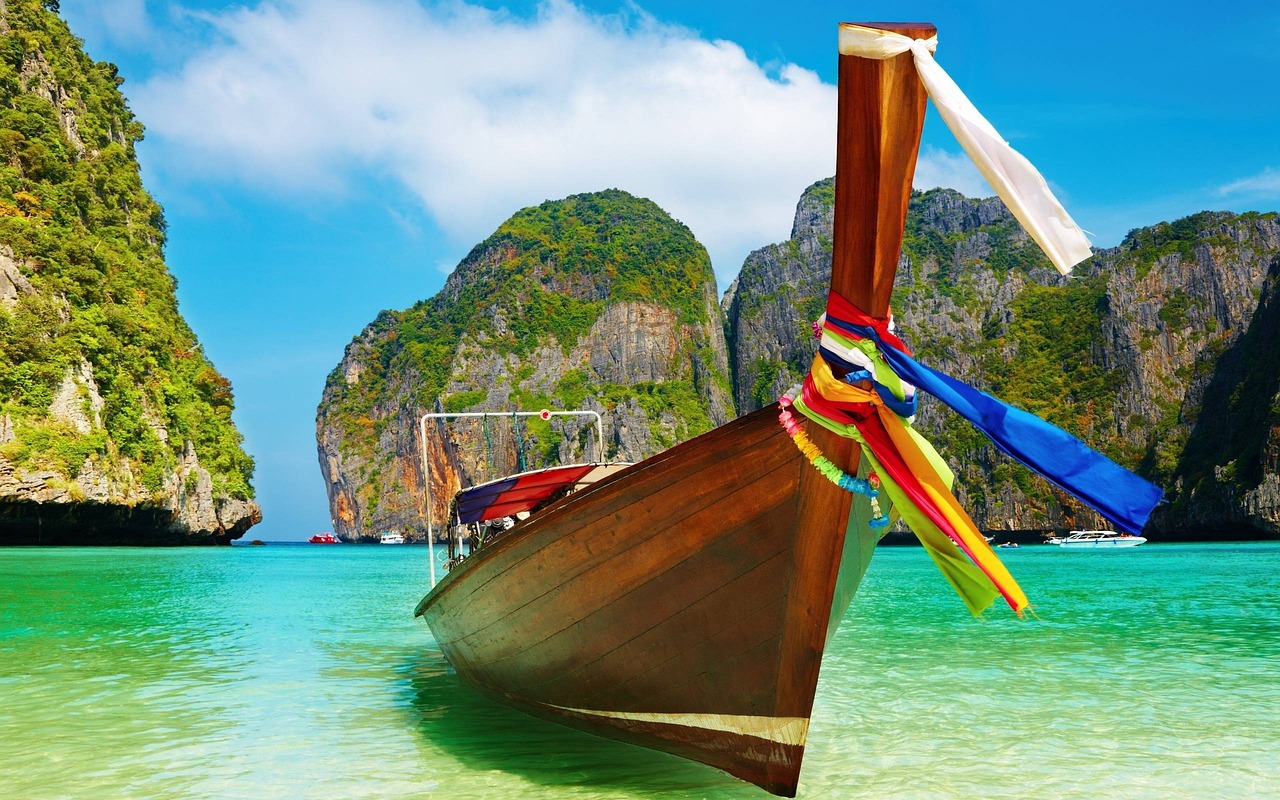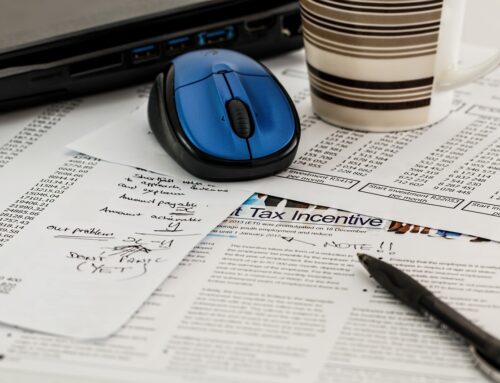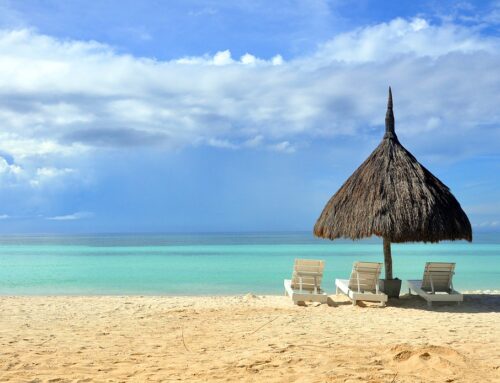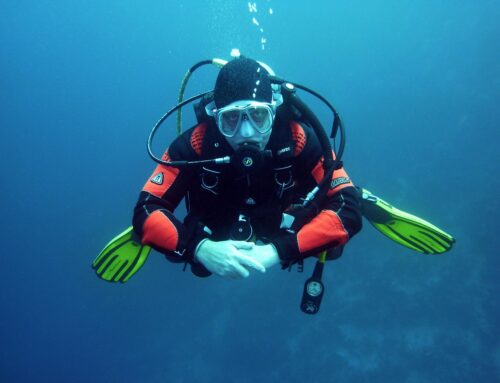
Retirement and Boating in the Philippines for Expats
For expat retirees who’ve traded in city life for the island dream, the Philippines offers something more than just beautiful beaches—it offers a gateway to explore over 7,000 islands by boat. But owning a boat in the Philippines isn’t just about setting sail. One big decision looms: where (and how) to store your boat.
This blog sets sail into the world of boat storage for expat retirees in the Philippines. Specifically, we’ll compare permanent docking versus hauling your boat in and out of the water, and help you figure out what works best for your lifestyle, budget, and peace of mind.
Anchored or Ashore? Boat Storage Options for Expats
Owning a boat here isn’t quite the same as docking in a developed marina back home. The infrastructure is evolving, marina space is limited, and service standards can vary. So, before you commit to your nautical dream, let’s break down the two main boat storage options in the Philippines:
-
Permanent Docking: Leaving your boat moored year-round.
-
Haul In, Haul Out: Storing your boat on land and launching when needed.
First, let’s look at what it’s really like to dock full-time in the Philippines.
The Perks and Pitfalls of Permanent Docking
Living on your boat, waking up to ocean views, and heading off for island adventures whenever you please? It sounds like the ultimate expat fantasy. But permanent docking comes with both sunshine and storms—literally and figuratively.
Why Expats Love Permanent Docking
1. Always Ready to Go
Your boat’s in the water and ready when you are. No trailers, no ramps—just hop aboard and go island hopping at a moment’s notice.
2. Lower Day-to-Day Maintenance
Docked boats stay in the water, so you won’t need to antifoul the hull as often (the paint that prevents barnacle buildup). That can save you both time and money.
3. A Floating Home
Many retirees choose to live aboard. It’s mobile, minimalist, and lets you travel from island to island while keeping your home with you. If that’s your vibe, permanent docking makes it possible.
Why It Might Not Be Smooth Sailing
1. Marinas Are Limited
Not all areas have proper marinas, and some may have long waiting lists or high prices. The most developed ones are in places like Subic Bay, Batangas, Cebu, and Davao—but even these are limited in slip space.
2. Constant Exposure to the Elements
Sun, salt, storms—your boat takes a beating when it’s docked full-time. You’ll likely need to do more regular cleaning, painting, and minor repairs.
3. Security Can Vary
Some marinas have great security, others… not so much. You’ll want to ask about CCTV, guards, and access control. Boat insurance and theft prevention systems are a smart investment here.
Is Permanent Docking Right for You?
If you value convenience, spontaneous sailing, and the dream of living aboard, permanent docking can be a perfect fit. But it’s not for everyone. If you’re watching your budget, worried about weather damage, or just prefer to keep things low-maintenance, it might be worth looking into haul-in, haul-out options instead.
In the next section, we’ll cover exactly that: how boat hauling works in the Philippines, what to expect in terms of cost and logistics, and how to find the right services.
Stay tuned—your retirement adventure is just getting started.
Haul It or Dock It? Smart Boat Storage for Expats in the Philippines
Living the dream of retirement in the Philippines often includes island hopping, coastal cruising, and salty breezes. But before you set sail, one big question needs answering: how will you store your boat?
Permanent docking sounds ideal, but it’s not always practical—or budget-friendly. For many expat retirees, hauling the boat in and out of the water offers more control, less wear, and often lower costs. Let’s break down what boat hauling really looks like in the Philippines and explore some alternative storage strategies for those thinking outside the box.
Why Some Expats Prefer to Haul Their Boats
While it may seem like a hassle at first, hauling your boat comes with some solid advantages:
The Perks of Hauling
1. Save on Marina Fees
Permanent slips can be pricey—especially near tourist hubs or well-developed marinas. If you’re not sailing daily, hauling your boat out of the water means you only pay for what you use.
2. Protect Your Investment
Boats that sit in the water full-time take a beating from the elements. Keeping your vessel on land between trips protects it from barnacles, saltwater corrosion, and storm damage—extending its life and saving on repairs.
3. Easier Maintenance
Need to clean the hull, paint, or fix a stubborn leak? It’s much easier with the boat on dry land. You’ll also spend less time and money on antifouling since your boat isn’t constantly in the water.
Budget-Friendly DIY Storage Solutions for Hands-On Expats
For those who like to roll up their sleeves and save some pesos, here are a few creative ways to store your boat without the high costs of full-service boatyards:
Backyard Boat Storage
If your property allows it, keeping your boat in your own backyard can be an efficient (and affordable) option.
-
Prepare the ground: Use gravel or concrete for stability.
-
Support the boat properly: Use heavy-duty cradles or stands to avoid hull damage.
-
Cover it well: A breathable tarp can protect your boat from UV rays, rain, and dust.
Pro Tip: Check with your local barangay or town hall—some areas may have restrictions on residential boat storage.
Community Storage with Other Boaters
No room at home? Consider teaming up with fellow boat-loving expats.
-
Form a storage co-op: Lease or buy land together and split the cost.
-
Share responsibilities: Rotate maintenance, security, and cleanup duties.
-
Cut costs: Group buying power means you might snag better rates on boat stands or gravel.
Out-of-the-Box Ideas for Small Boats
Smaller vessels come with more flexible options:
-
Use a trailer: Store your boat on a trailer in a rented lot, garage, or even a gated driveway.
-
Storage units: For very compact boats, consider a large storage unit (make sure it’s ventilated and secure).
Whatever you choose, always prioritize safety—secure tie-downs, stable platforms, and weather protection are key.
What Kind of Boat Is Best for Expats in the Philippines?
Once you’ve figured out where to store your boat, the next question is—what kind of boat should you get? The Philippines has something for every style and budget.
Traditional Filipino Boats
These locally inspired vessels are a fun and practical way to explore nearby waters.
-
Bangka: A classic outrigger boat, ideal for short hops and fishing trips. Affordable and easy to repair locally.
-
Paraw: With its colorful sails and sleek design, it’s perfect for breezy coastal cruising.
-
Vinta: A southern version of the paraw, known for vibrant sails and cultural flair. Great for scenic sailing, not long-hauls.
Mid-Sized Cruisers (30–50 feet)
If you’re planning multi-day trips or want more comfort, mid-sized cruisers offer a balance of practicality and luxury.
-
Shallow draft: Crucial for exploring coves and avoiding reefs.
-
Fuel efficiency: Gas prices vary, so go easy on the engine.
-
Ease of maintenance: Choose something with parts available locally—or risk delays and high repair costs.
Key Things to Consider Before You Buy
-
Cruising plans: Will you be island hopping for weekends or heading off on long-haul adventures?
-
Crew size: Solo sailing? Couples? Grandkids on deck? Choose a boat with the right layout.
-
Budget: Don’t just look at the sticker price. Include storage, maintenance, fuel, and insurance.
Final Thoughts: A Smooth Sail Starts on Shore
Owning a boat in the Philippines is a dream within reach—but it comes with decisions that affect your freedom, budget, and peace of mind. Whether you’re docking year-round, hauling out after every trip, or building a backyard boat haven, your approach should reflect your lifestyle and comfort level.
By staying informed, getting creative with your storage, and choosing a boat that fits your needs, your retirement can be full of unforgettable days on the water.

















